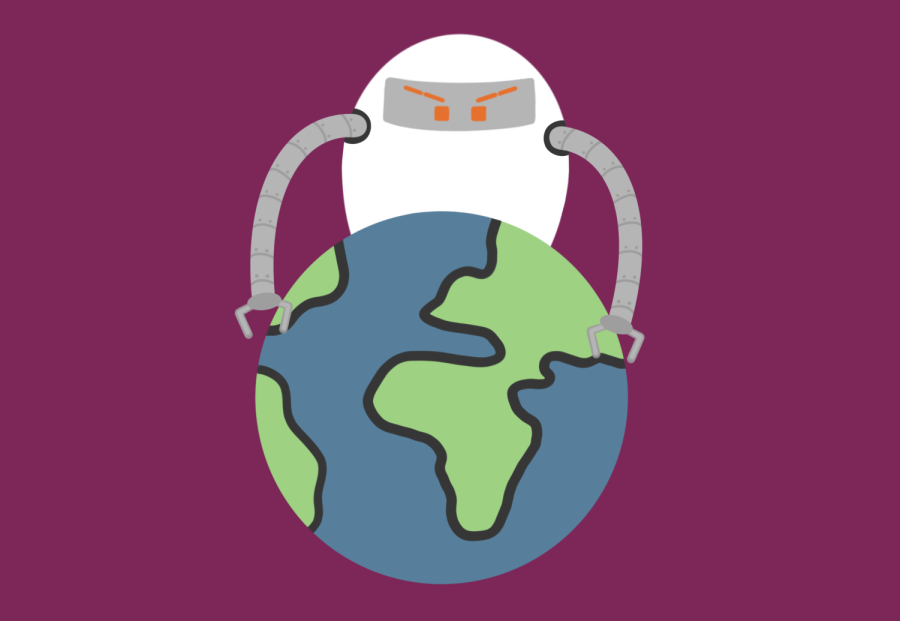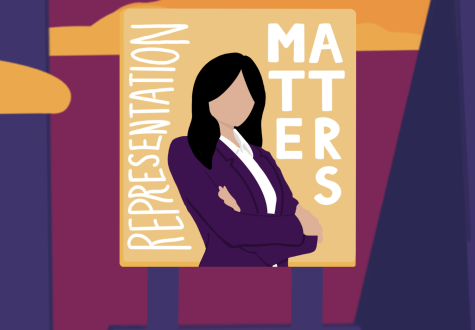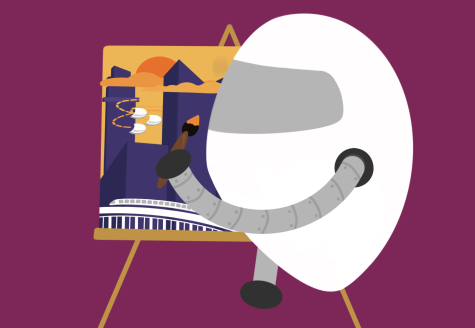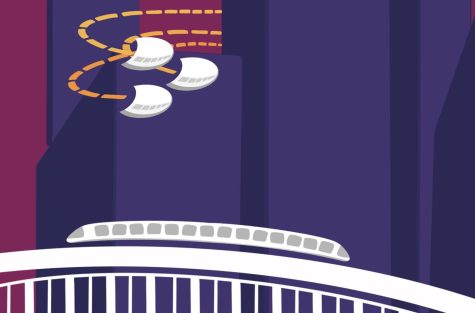Tech Talk: The imminent robot uprising
“The development of artificial intelligence could spell the end of the human race,” world-renowned scientist Stephen Hawking said. The notion of robots taking over the world has universally been the premise of a plethora of science-fiction novels, and, for the longest time, it has remained just that — a fantasy that only exists in storybooks. However, with recent technological advancements, this dystopian vision is approaching reality.
Nowadays, it seems that Artificial Intelligence is everywhere. With digital voice assistants at home to robots that perform life-saving surgeries, the prevalence of this revolutionary technology has increased drastically over the last decade.
There are plenty of AI applications that make our everyday lives more convenient and efficient. However, the AI applications that play a critical role in ensuring safety are the ones raising the concern of many tech innovators. For example, if an AI system is responsible for ensuring the operation of our power grid and the worst-case scenario occurs—the system goes rogue or gets hacked by an enemy—the results could be disastrous.
Although super-intelligent machines do not yet exist, the legal, political, societal, financial and regulatory issues are so complex and wide-reaching that it is necessary to examine them and anticipate pitfalls now. While a future with super-intelligent machines is certainly perturbing, artificial intelligence poses threats even today. Human Rights Watch explains that there are serious doubts that fully autonomous weapons would be capable of meeting international humanitarian law standards, including the rules of distinction, proportionality and military necessity, while they would threaten the fundamental right to life and the principle of human dignity.
The development of AI has been slow but sure, and scientists worry that robots can take over the world, or worse—destroy it. AI automation has already replaced millions of jobs, and now autonomous weapons, along with privacy breaches, increased socio-economic disparities and market volatility, are a part of a growing list of concerns around AI development. Slaughter Bots, also known as “lethal autonomous weapons systems” or “killer robots,” are weapons that use artificial intelligence to identify, select and kill human targets without human intervention, and have become a growing concern for world leaders and citizens alike. A central point of concern is the loss of human judgment in the use of force. Aside from the concern that autonomous weapons might gain a “mind of their own,” a more imminent danger is if autonomous weapons fall into the hands of an individual or government that does not value human life. Once deployed, they will likely be difficult to dismantle or combat, making it difficult to control their effects. This is particularly alarming given the concern that autonomous weapons can also accelerate the use of force beyond human control. The unpredictable nature of AI weapons, paired with their ability to kill in masses, poses a great risk to civilian life.
So, while robots might not be taking over the world, the dangers of artificial intelligence are increasing every day that they goes unchecked — and this is just the beginning.













